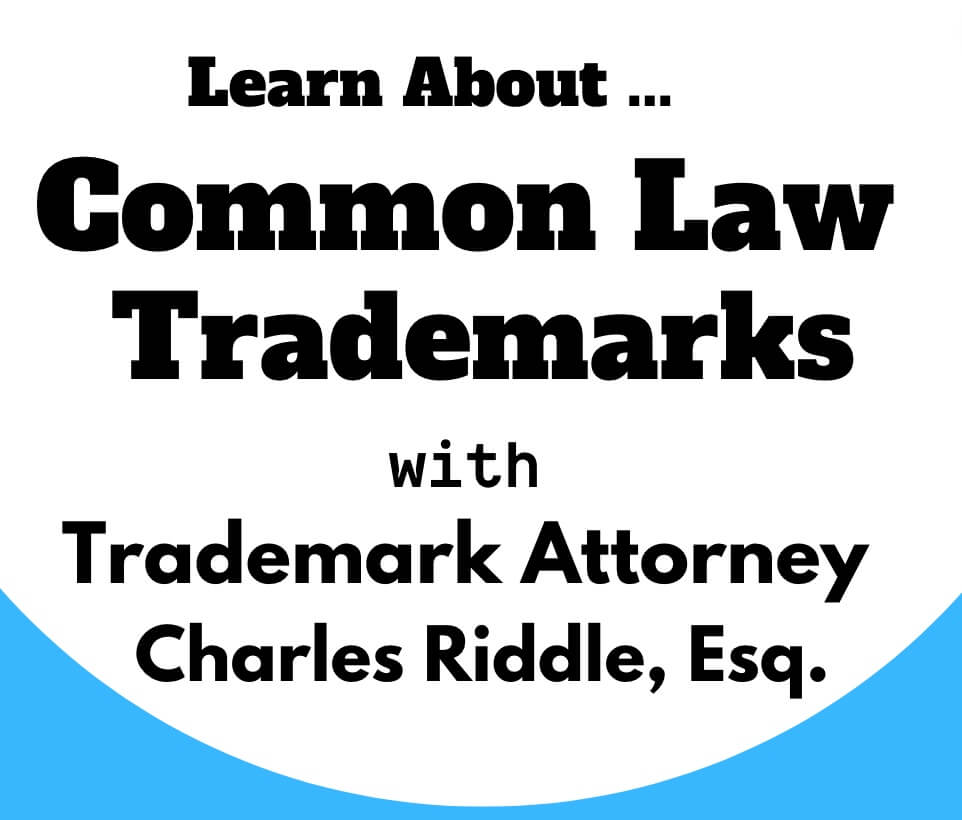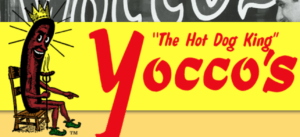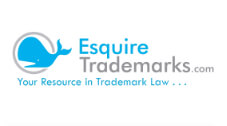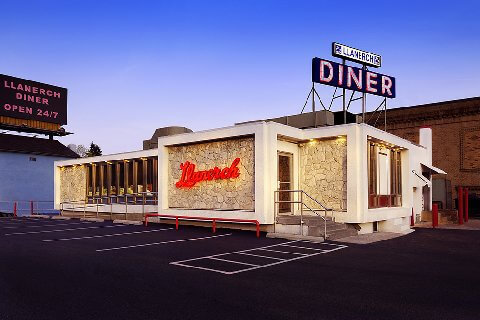What are Common Law Trademark Rights?
Why are they Important?
Common law trademark rights are authorized by federal and state laws. They exist without registration. These unregistered trademarks can cause problems with your registration and use of a trademark. That is, unregistered trademark rights can pop up at any time before, during, or after you register a trademark, and they have a potential to cause problems with your exclusive use of a registered trademark.

Common law trademark rights can affect your application and registration:
- Common law trademark rights are unregistered rights acquired by using the name with the sale of goods and services.
- Common law trademark rights can be used to block your trademark application.
- Common law trademark rights can be used to cancel your trademark registration.
- You can be sued for infringement by someone who has common law trademark rights.
Common law trademark rights are unregistered rights that are acquired by using the name with goods and services.
Unregistered rights are important because they can affect both your ability to use and register your trademark. In the United States, Common law trademark rights are established upon use of the mark in commerce.
For example, picture your local restaurant (e.g., Yocco’s “The Hot Dog King” in Allentown, Pa). Yocco’s has been in business for decades selling hot dogs, cheesesteaks, and burgers. Yocco’s has successfully positioned itself so that the public associates the name with the business. The public now recognizes Yocco’s as a source identifier for the best hot dogs in The Lehigh Valley.
Despite being in business for 90+ years, there is no registered trademark for Yocco’s. Neither the character or business name has been registered with the United States Patent and Trademark Office (USPTO).

ALL IS NOT LOST… Certain protection is given for unregistered trademark rights like Yocco’s. Trademark law recognizes this type of trademark use as “common law use”. Federal law specifically addresses common law – unregistered trademark rights. 15 U.S.C. 1125 § (a)(1)(A); 1052(d) . In fact, these “common law” trademark rights were recognized long before the trademark act was created by Congress.
Even though the trademark is not registered, it is still protected because of the many years spent actively doing business as Yocco’s in Allentown.
Common law trademark rights can be used to block your trademark application.
Third parties are able to block your trademark application through an opposition proceeding. The Trademark Act specifically authorizes the blocking of a trademark application by someone who has common law rights in the mark.
Trademark Act 15 U.S.C. § 1052(d) provides for refusal of a trademark application when defendant’s mark so resembles a mark registered in the Office, or a mark or trade name previously used in the United States by another and not abandoned, as to be likely, when used on or in connection with the goods or services of the defendant, to cause confusion, or to cause mistake, or to deceive.
How does this play out in context of your trademark application?
Once we file your trademark application, it will be examined. If the application passes examination, it is then published for opposition. The opposition process gives the public an opportunity to block (oppose) your application based on common law rights.
The Trademark Office is not responsible for searching for unregistered marks. They only search for registered marks that would block your trademark application. The opposition process addresses common law rights as required by the Trademark Act.
Visit my opposition proceedings page for more information.
Common law trademark rights can be used to cancel your trademark registration.
Common law trademark rights can be used to cancel your trademark registration through a trademark cancellation proceeding. This is similar to an opposition proceeding, but occurs after the mark has already been registered, rather than during the application process.
Using common law rights, an unregistered trademark owner can petition to cancel your trademark registration any time before the registration becomes incontestable. A trademark registration becomes incontestable after the owner files a Section 15 Declaration. This can be done after 5 years of registration, and is typically part of a combined Section 8 and 15 Declaration of Continued Use and Incontestability.
You can be sued for infringement by someone who has common law trademark rights.
Even if you have a trademark registration, you can be sued for infringement by someone who has common law trademark rights.
The Trademark Act, 15 U.S.C. § 1125(a), provides for a civil action when someone uses a name that causes confusion with another’s goods, services, or commercial activities.
When any person uses a word, term, name, symbol . . . which . . . is likely to cause confusion, or to cause mistake, or to deceive as to the affiliation, connection, or association of such person with another person, or as to the origin, sponsorship, or approval of his or her goods, services, or commercial activities by another person. (https://www.law.cornell.edu/uscode/text/15/1125#a)
To have the right to sue for infringement, the Plaintiff’s common law rights must be “Prior Trademark Rights”.
It is well settled within the courts that first to use the mark continuously is considered the owner. Rights in a trademark are determined by the date of the mark’s first use in commerce. The party who first uses a mark in commerce is said to be the “senior user” and have “priority” over other “junior users”. One who first uses a protectable mark in commerce thus acquires rights to that mark. This is because, at its core, a trademark is a symbol of existing good-will of a business. Without use of the mark, there can be no good-will.
The Supreme Court reaffirmed common law trademark rule: “One who first uses a distinct mark in commerce thus acquires rights to that mark.” B & B Hardware, Inc. v. Hargis Industries, Inc., 135 S. Ct. 1293, 1299, 1310, 191 L. Ed. 2d 222, 113 U.S.P.Q.2d 2045 (2015)
The Supreme Court First Use Trademark Rights: “Rights in a trademark are determined by the date of the mark’s first use in commerce. The party who first uses a mark in commerce is said to have priority over other users.” Trademark Priority Hana Financial, Inc. v. Hana Bank, 135 S. Ct. 907, 909, 190 L. Ed. 2d 800,113 U.S.P.Q.2d 1365 (2015).
The courts have interpreted 15 U.S.C. § 1125(a) and § 1065 to permit a common law senior user to assert an infringement claim against the owner of a registered trademark – even if the trademark has become incontestable. 5 McCarthy on Trademarks and Unfair Competition § 26:53 (5th ed.)
The Supreme Court reaffirmed common law trademark rule B & B Hardware, Inc. v. Hargis Industries, Inc., 135 S. Ct. 1293, 1299, 1310, 191 L. Ed. 2d 222, 113 U.S.P.Q.2d 2045 (2015) (“One who first uses a distinct mark in commerce thus acquires rights to that mark.” )
Another Example of an Unregistered Trademark for a Philadelphia Icon
The Llanerch Diner in Upper Darby is a great example of an unregistered trademark. A true staple of Philly eateries since 1964. Although the name is not registered with the Trademark Office, unregistered trademark rights exist in the name for restaurant services. If someone were to open a competing restaurant in the region, the owner can assert unregistered trademark rights in Federal Court to stop the infringing use of the service mark.
Consult a Licensed Attorney:
Charles Riddle at EsquireTrademarks.com has 20+ years experience practicing trademark, copyright, and intellectual property law. We can answer your legal questions on the spot. We use our experience to guide you through the trademarking process and avoid common pitfalls.

